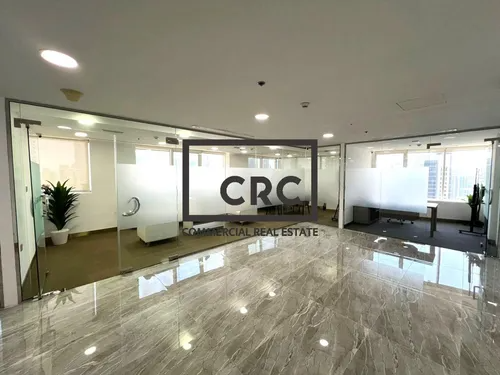
What Are The Legal Requirements For Renting An Office In Dubai?
Renting an office in Dubai involves understanding specific legal requirements designed to ensure both landlords and tenants are protected. As a hub for international business, Dubai has established a structured system for leasing commercial properties, including specific documents and compliance measures. Knowing these legal requirements can help you avoid setbacks, ensuring a smooth rental process when you plan to rent an office in Dubai.
Trade license:
The first essential requirement for renting an office in Dubai is a valid trade license. Every business operating in Dubai must hold a trade license issued by the Dubai Department of Economic Development (DED) or relevant free zone authority if it’s in a free zone. This license works as legal proof that the business is permitted to operate in the region and determines the types of business activities allowed on the premises.
Ejari registration:
In Dubai, commercial lease agreements must be registered through Ejari, an online portal that standardizes rental contracts. Ejari registration is mandatory as it validates the lease and protects both the tenant and the landlord. This process involves submitting the signed lease agreement and paying a registration fee. Ejari registration also works as proof of residence or office for visa and business operations purposes, making it an essential step for anyone leasing property in Dubai.
Compliance with zoning laws:
Dubai has strict zoning laws that dictate how certain areas of the city can be used, distinguishing between commercial, residential, and mixed-use zones. Before finalizing a lease, ensure that the property is located in a zone that permits your type of business. Consulting with a real estate agent or lawyer can help you understand the zoning requirements specific to your industry and avoid legal issues.
Security deposits and rent payment terms:
When leasing commercial property in Dubai, landlords typically require a security deposit, which varies by property type and agreement terms. Additionally, tenants often pay rent in advance, commonly through post-dated cheques for several months or even the entire lease term. Ensure to clarify the deposit amount, payment schedule, and terms for deposit refunds at the lease’s end to avoid misunderstandings.
Insurance requirements:
While not legally required, it’s recommended to have insurance for your office space. Landlords may require tenants to hold liability insurance to cover damages to the property. In some cases, landlords provide basic insurance, but additional coverage can help protect your business from risks associated with property damage, theft, or liability claims.